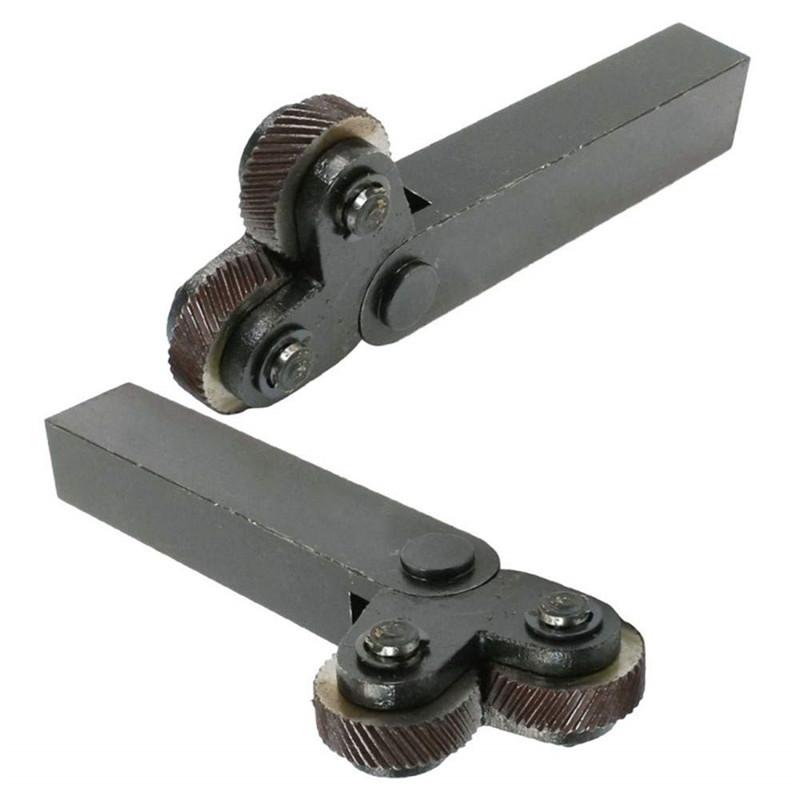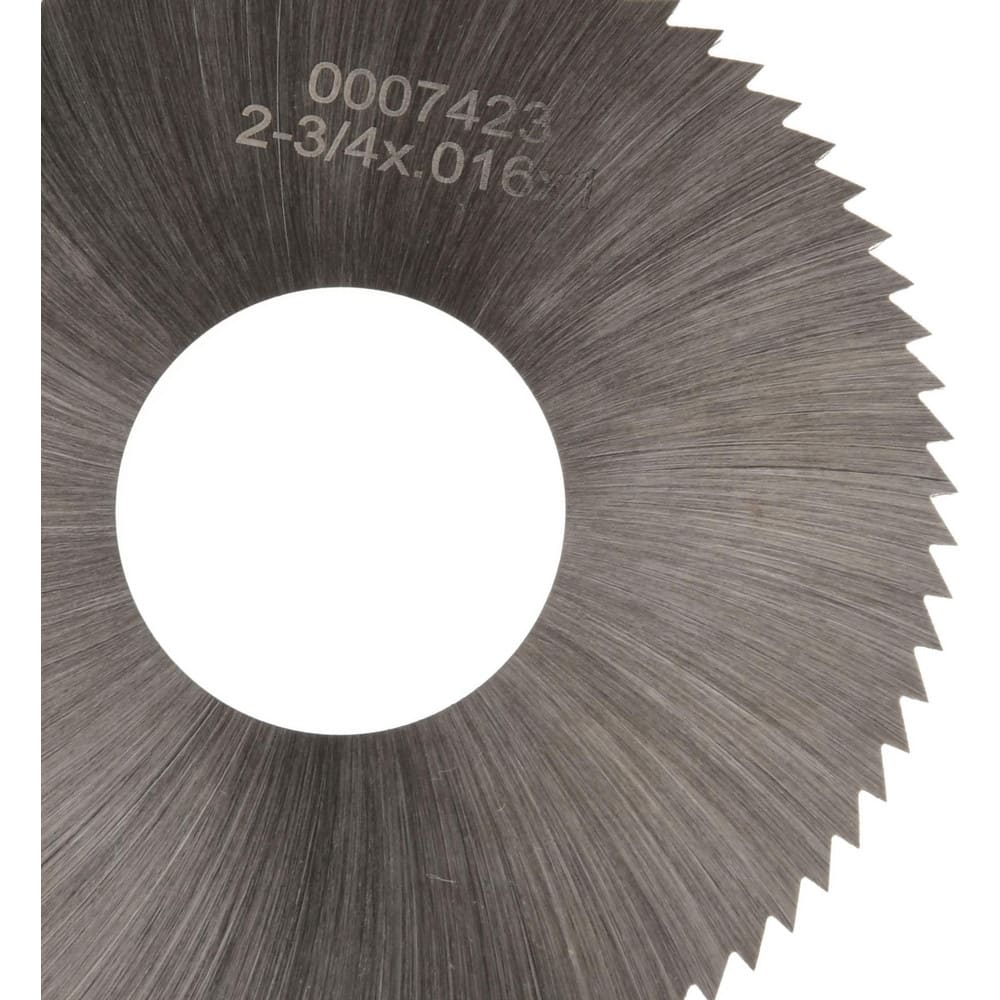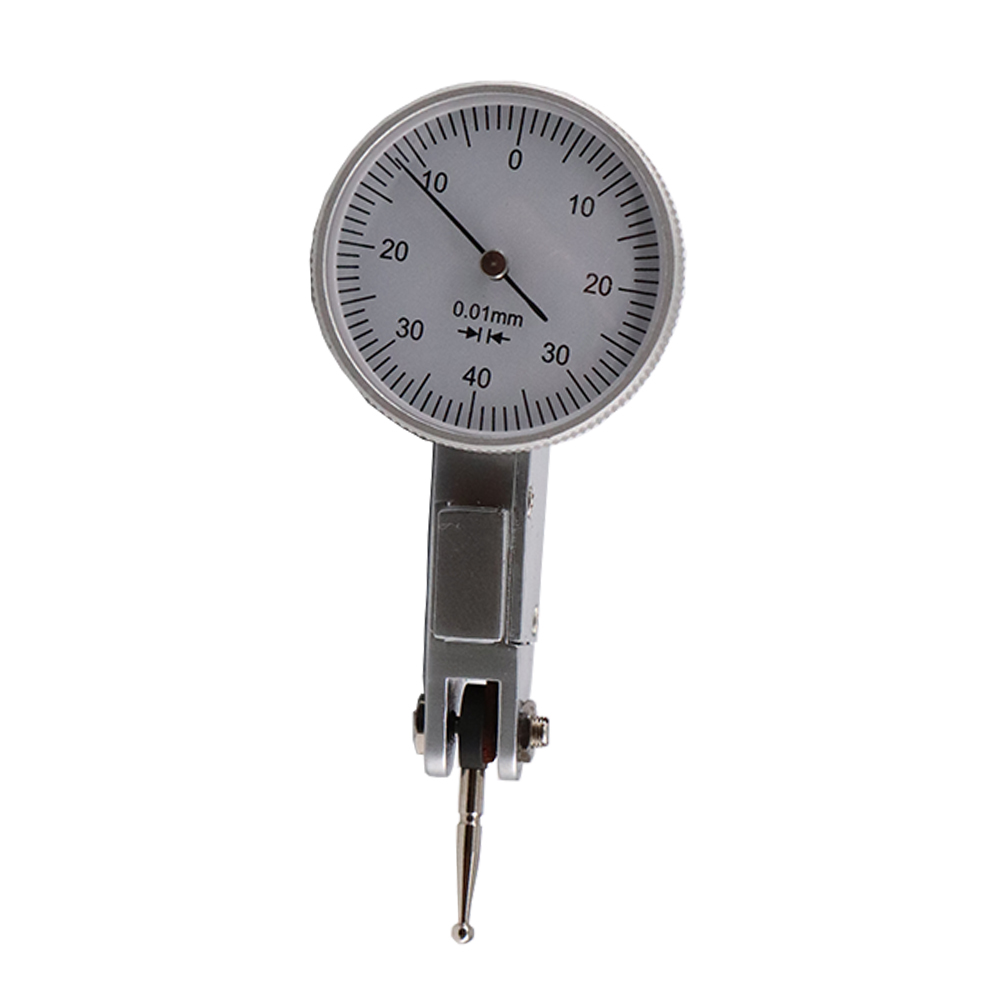dial bore gauge Supplier
Choosing the right dial bore gauge supplier is crucial for ensuring accurate measurements in precision engineering. This guide explores key considerations, from understanding the different types of dial bore gauges and their applications to selecting a reliable supplier that meets your specific needs. We'll cover essential factors like accuracy, range, reputation, and after-sales support to help you make an informed decision.
Understanding Dial Bore Gauges
A dial bore gauge is a precision measuring instrument used to determine the internal diameter of a hole or cylinder. It's an essential tool in various industries, including automotive, aerospace, and manufacturing, where precise measurements are critical.
Types of Dial Bore Gauges
There are several types of dial bore gauges available, each suited for different applications:
- Two-Point Dial Bore Gauges: These are the most common type and are ideal for general-purpose hole measurement. They have two contact points that measure the diameter.
- Three-Point Dial Bore Gauges: These gauges offer better centering and are less susceptible to errors caused by the operator. They are suitable for high-precision measurements.
- Small Hole Dial Bore Gauges: Designed for measuring small diameter holes. These often have specialized probes.
- Blind Bore Dial Bore Gauges: These gauges are specifically designed to measure the diameter of blind holes (holes that do not go all the way through the material).
Applications of Dial Bore Gauges
Dial bore gauges are used in a wide range of applications, including:
- Measuring cylinder bore diameters in engines
- Checking the roundness and taper of holes
- Inspecting the internal dimensions of pipes and tubes
- Quality control in manufacturing processes
Key Considerations When Choosing a Dial Bore Gauge Supplier
Selecting the right dial bore gauge supplier is essential to ensure you receive high-quality instruments and reliable support. Here are some key factors to consider:
Accuracy and Range
Accuracy is the most critical factor. Ensure the dial bore gauge meets your required precision. Also, consider the measurement range of the gauge and select one that covers the range of hole diameters you need to measure. Look for suppliers that provide calibration certificates and clearly state the accuracy specifications of their gauges. For example, many high-quality gauges boast accuracies of ±0.0001 inches (0.0025mm).
Quality and Durability
Choose a dial bore gauge made from high-quality materials that can withstand regular use in demanding environments. Look for features like hardened steel contact points and robust construction. Reputable suppliers like Wayleading Tools offer durable gauges designed for long-term performance.
Supplier Reputation and Experience
Research the supplier's reputation and experience in the industry. Read online reviews and check for certifications or accreditations. An experienced supplier is more likely to provide reliable products and excellent customer support. Consider contacting existing customers to inquire about their experience with the supplier.
Calibration and Support
Ensure the supplier offers calibration services and technical support. Regular calibration is essential to maintain the accuracy of your dial bore gauge. Technical support can be invaluable if you encounter any issues with the instrument. Wayleading Tools provides comprehensive calibration services to ensure the ongoing accuracy of your measuring instruments.
Price and Value
While price is a factor, focus on value rather than just the lowest price. A higher-quality dial bore gauge from a reputable supplier may cost more initially, but it will likely provide better accuracy, durability, and support in the long run. Consider the total cost of ownership, including calibration, maintenance, and potential downtime due to instrument failure.
Finding a Reliable Dial Bore Gauge Supplier
Here are some steps you can take to find a reliable dial bore gauge supplier:
- Online Research: Use search engines to find suppliers in your area or online. Use specific keywords like 'dial bore gauge supplier near me' or 'high-precision dial bore gauge.'
- Industry Directories: Consult industry directories and trade associations for lists of reputable suppliers.
- Referrals: Ask colleagues or other professionals in your industry for referrals to reliable suppliers.
- Compare Quotes: Obtain quotes from several suppliers and compare their prices, products, and services.
Questions to Ask a Potential Dial Bore Gauge Supplier
Before making a purchase, ask potential suppliers the following questions:
- What is the accuracy of your dial bore gauges?
- What is the measurement range of your gauges?
- What materials are your gauges made from?
- Do you offer calibration services?
- What is your warranty policy?
- What is your lead time for delivery?
- Do you offer technical support?
Maintaining Your Dial Bore Gauge
Proper maintenance is essential to ensure the accuracy and longevity of your dial bore gauge. Here are some tips:
- Clean the gauge regularly with a soft cloth.
- Store the gauge in a protective case when not in use.
- Avoid dropping or mishandling the gauge.
- Calibrate the gauge regularly according to the manufacturer's recommendations.
Troubleshooting Common Issues
Here are some common issues that can occur with dial bore gauges and how to troubleshoot them:
- Inaccurate Readings: Check the gauge for damage or wear. Recalibrate the gauge.
- Sticking Plunger: Clean the plunger with a solvent. Lubricate the plunger with a light oil.
- Broken Dial Indicator: Replace the dial indicator.
| Feature | High-Quality Gauge | Low-Quality Gauge |
|---|---|---|
| Accuracy | ±0.0001 inches (0.0025mm) | ±0.001 inches (0.025mm) or worse |
| Material | Hardened Steel | Soft Steel or other cheap material |
| Durability | Long Lifespan | Short Lifespan |
| Calibration | Stable calibration with less drift | Calibration drifts quickly, requiring frequent adjustments |
Conclusion
Choosing the right dial bore gauge supplier is crucial for ensuring accurate measurements and reliable performance. By considering factors like accuracy, range, reputation, and support, you can find a supplier that meets your specific needs and helps you achieve your quality control goals. Remember to prioritize quality and value over price and partner with a supplier like Wayleading Tools that understands your requirements and provides exceptional products and services.
Related products
Related products
Best selling products
Best selling products-
 Partial profile 55° Threading Insert With ER & IR Type
Partial profile 55° Threading Insert With ER & IR Type -
 Precision Dial Caliper Of Double Shock-Proof For Industrial
Precision Dial Caliper Of Double Shock-Proof For Industrial -
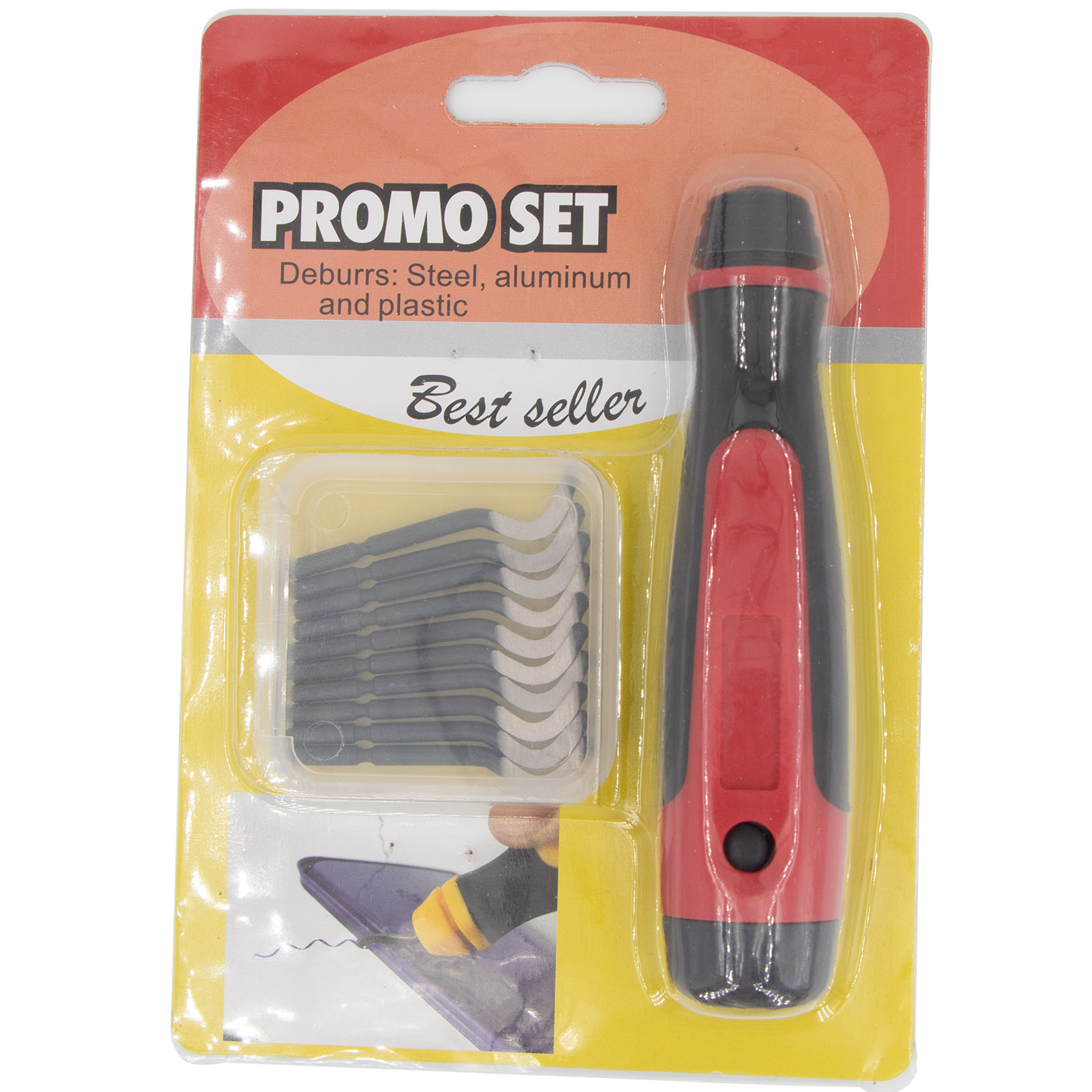 Type E Heavy Duty Deburring Tool Set With Deburring Holder And Deburring Blade
Type E Heavy Duty Deburring Tool Set With Deburring Holder And Deburring Blade -
 Precision 17pcs Angle Blocks Set With High Quality Type
Precision 17pcs Angle Blocks Set With High Quality Type -
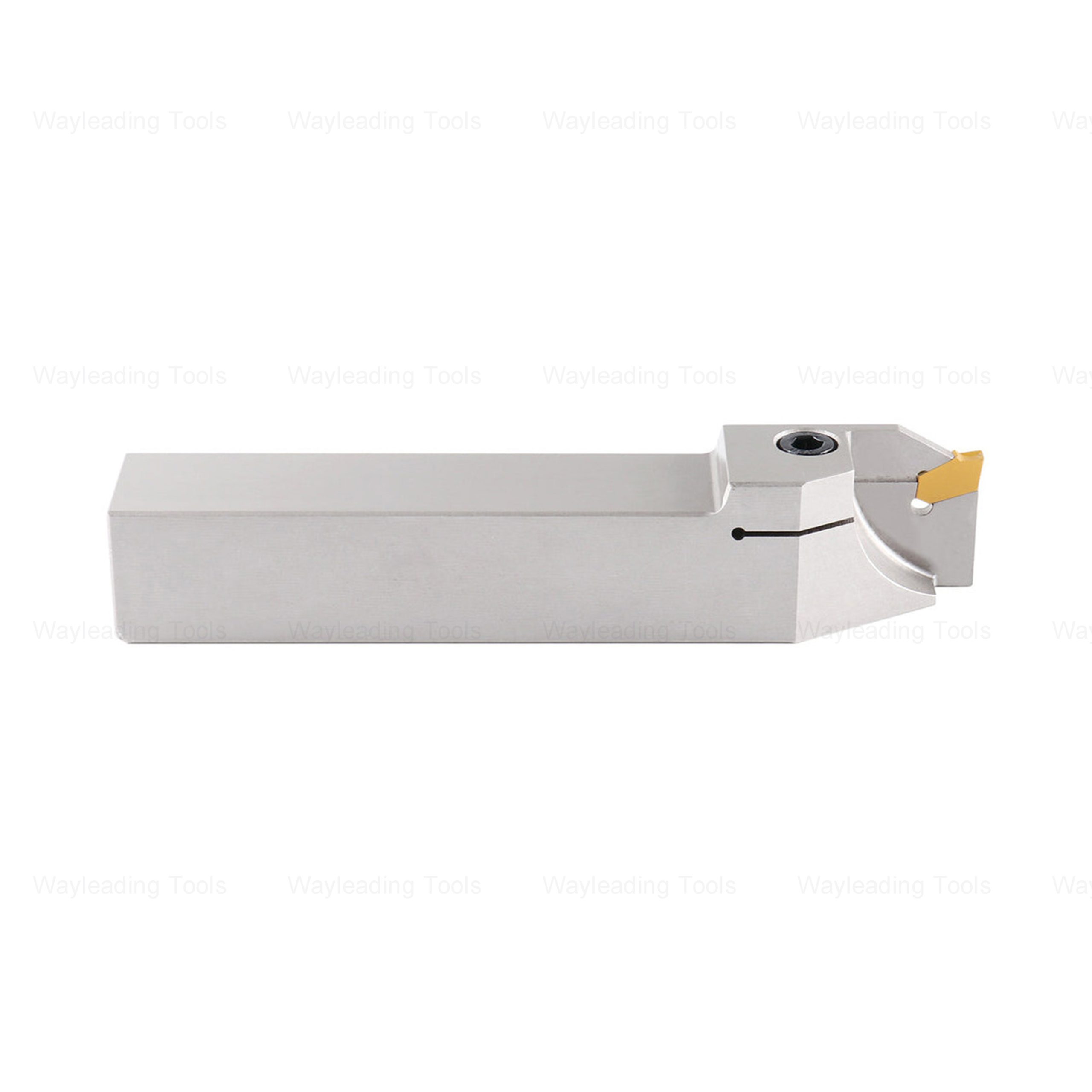 QA Grooving & Cut-Off Tool Holder
QA Grooving & Cut-Off Tool Holder -
 Straight Shank ER Collet Chuck Holders With Extending Rod
Straight Shank ER Collet Chuck Holders With Extending Rod -
 Precision Outside Micrometer With digit Counter Of Inch & Metric With Rachet Stop
Precision Outside Micrometer With digit Counter Of Inch & Metric With Rachet Stop -
 Precision Magnetic Base With Fine Adjustment For Dial Indicator
Precision Magnetic Base With Fine Adjustment For Dial Indicator -
 Precision V Block Set With High Quality Type
Precision V Block Set With High Quality Type -
 HSS Inch Taper Shank Twit Drills For Metal Cutting Of High Precision
HSS Inch Taper Shank Twit Drills For Metal Cutting Of High Precision -
 DIN338 HSS Twist Drill Bit Fully Ground Or TiN Coated
DIN338 HSS Twist Drill Bit Fully Ground Or TiN Coated -
 HSS DP Involute Gear Cutters With PA20 And PA14-1/2
HSS DP Involute Gear Cutters With PA20 And PA14-1/2


